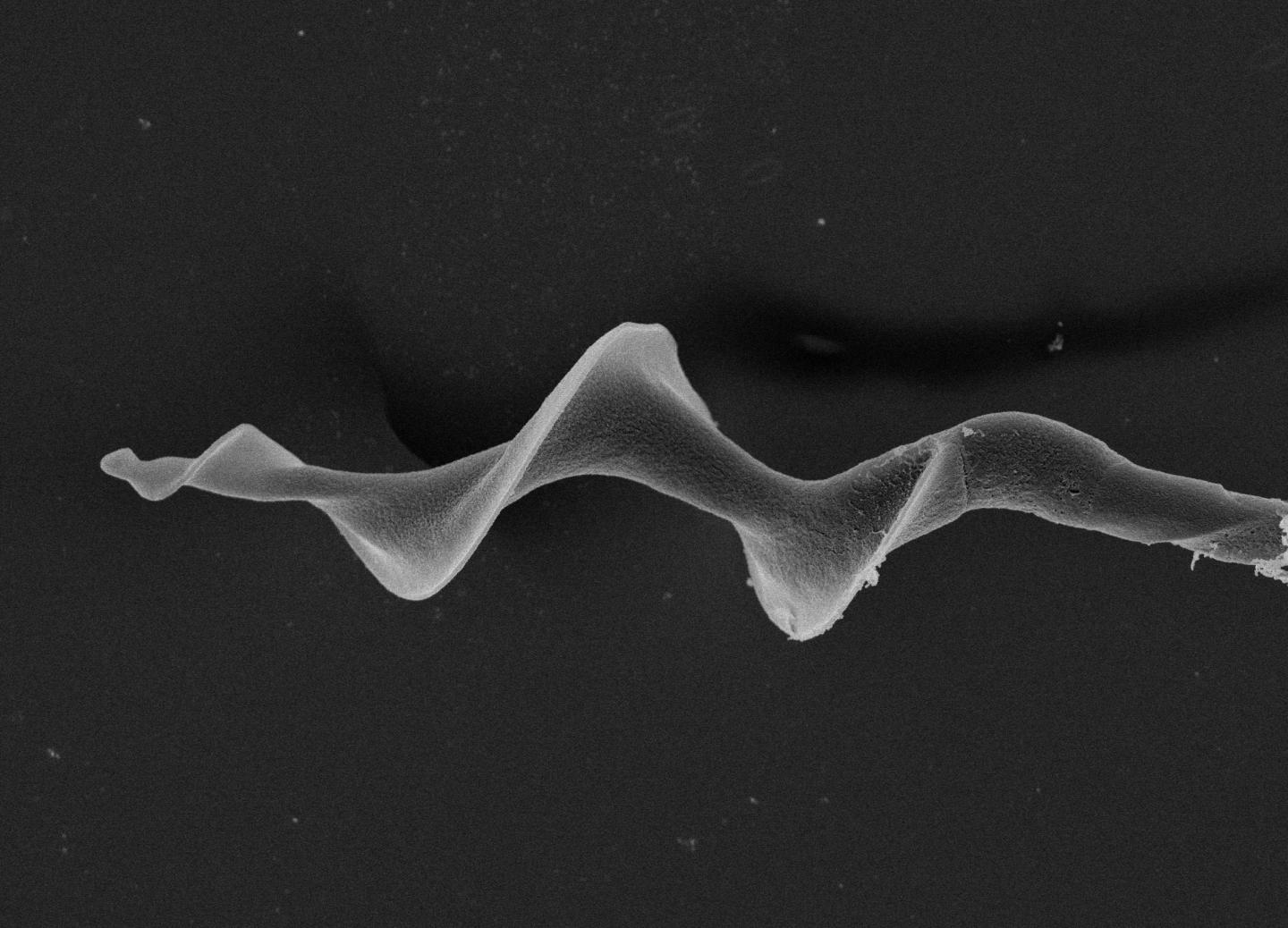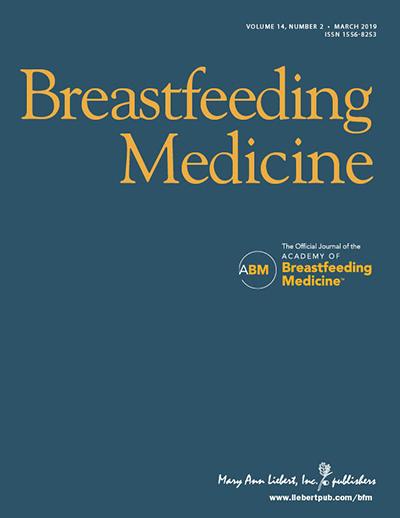One in every 12 Canadian with migraines has attempted suicide
Toronto, ON – A new study by the University of Toronto (U of T), released this week, found that adults with migraine who had been sexually abused during childhood were three times more likely to have attempted suicide. Childhood physical abuse doubled the odds of suicide attempts and exposure to chronic parental domestic violence was…
Details









